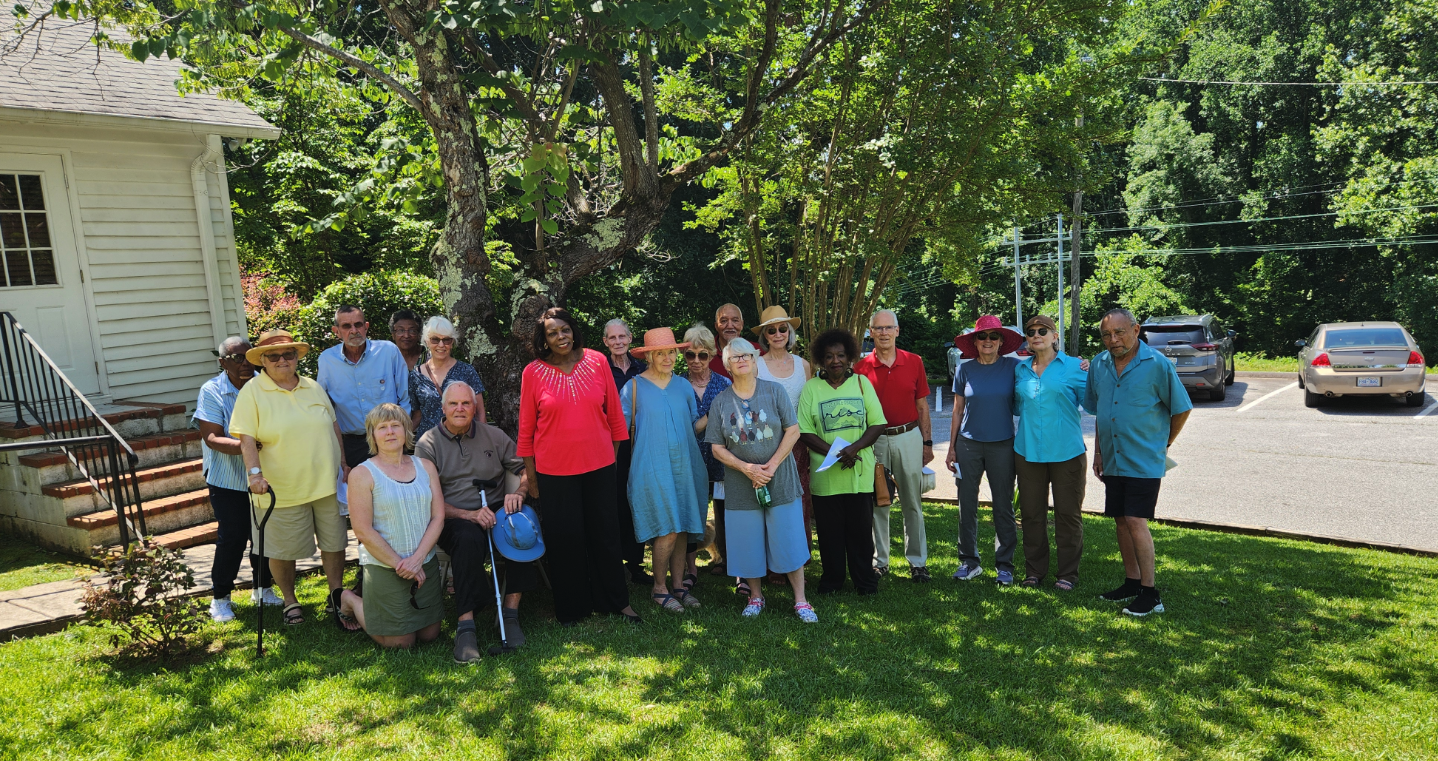Fully Vetted: Caring for the senior cat
Published 10:00 pm Tuesday, August 1, 2017
Because more people than ever before are treating their cats like beloved family members, and thanks to advances in pet nutrition and veterinary health care, more and more cats are living into their golden years. In fact, it is not unusual for cats these days to live to 20 or more years of age. Just like people in their senior years, senior cats often exhibit physical and behavioral changes, and generally require more frequent medical attention to maintain their physical comfort.
As cats age, they tend to become more sedentary; their focus often shifts from playing and chasing things to lounging and sleeping. Their senses of vision, hearing, and taste may become less sensitive. They may gain or lose weight due to changes in metabolism.
Health problems often crop up as cats age. The most common of these are hyperthyroidism and kidney disease. Symptoms of hyperthyroidism include weight loss despite increased appetite, and excessive vocalization or voice change. Kidney disease may occur on its own, or secondary to another disease process such as hyperthyroidism, heart disease, or infection. Kidney disease is often characterized by increased water intake and increased urination, weight loss, decreased appetite, and vomiting. Its onset may be gradual or sudden.
Other common health problems in senior cats include heart disease, liver disease, dental disease, and arthritis. Cancer, particularly lymphoma, is also fairly common.
It may be difficult for the cat owner to distinguish normal aging changes from age-related disease processes. It is therefore important to have an elderly cat examined regularly by a veterinarian. Once a cat has passed the age of 8, a veterinary checkup is recommended every six months. A physical examination and routine bloodwork can alert your veterinarian to disease processes before your cat begins showing symptoms, when treatment is much more likely to be successful. Your veterinarian will also discuss any recommended diet changes or supplements that may benefit your aging cat.
Aside from routine visits, many physical changes warrant an appointment with your veterinarian. Lumps and bumps, especially those that change or grow rapidly, should be tested to determine whether they are cancerous. Difficulty urinating or blood in the urine can indicate a urinary tract infection or obstruction, which require prompt treatment. Coughing or difficulty breathing likely signify a significant disease process. Changes in appetite and water consumption, noticeable weight change, and behavior changes may also indicate an underlying health problem.
Most of the aging changes and disease processes that affect older cats can be managed as long as they are identified fairly early on. Proper care of your aging cat can make his or her senior years comfortable and happy, so that you may treasure it as a special time with your beloved companion.
Dr. Kelly Sulik owns and operates Animobile Mobile Veterinary Services in Tryon, N.C. She can be reached at animobiledvm@gmail.com.





